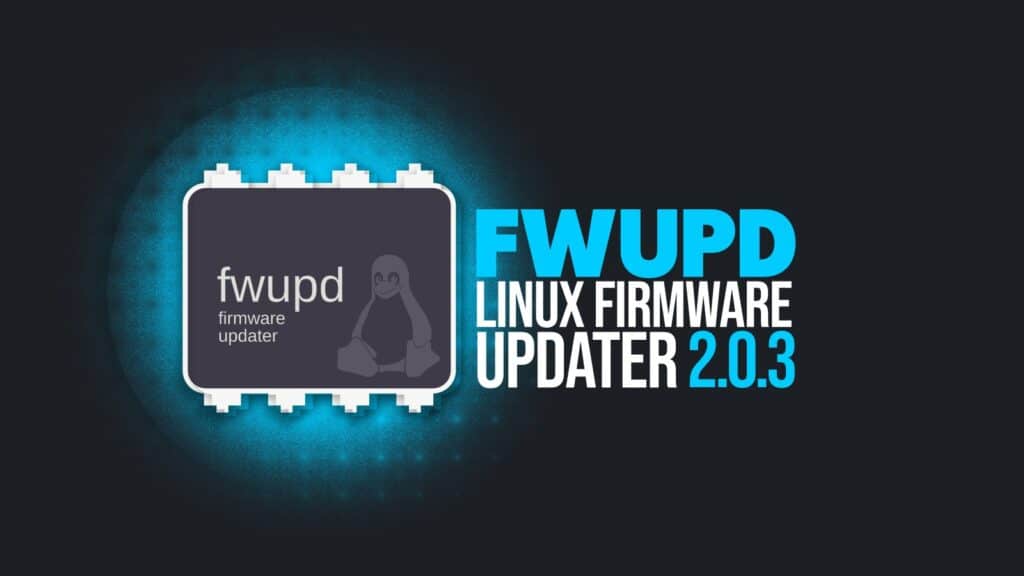The latest release of fwupd, a simple tool that aims to make managing firmware updates on Linux-based systems easier and more automatic, is here: version 2.0.3.
Among the key new features is a power quirk added specifically for Framework systems, which should improve compatibility and reliability. In addition, the firmware writing process on the new Dell dock has been noticeably sped up, making it faster and more efficient.
This version also addresses a variety of bugs, focusing on improving system stability and reliability. Notably, it includes a fix to properly deinitialize DRM after fetching the GPU marketing name, which should resolve Xorg startup issues for affected users.
Another fix addresses a misleading error message related to dock devices being incorrectly flagged as removed, clearing up confusion in the update logs. For Lenovo users, a warning related to the legion-hid2 progress reversing has also been resolved.
Additionally, fwupd 2.0.3 tackles some memory leaks, particularly in the realtek-mst and dell-kestrel modules. Users with Logitech devices will also benefit, as only supported devices will now be marked as updatable, reducing the chance of errors.
Chromebook users have something to look forward to as well—the update now correctly parses FDTs with missing END tokens, increasing support across more models. Resource usage for device emulation (RSS) has also been reduced by about 40%, which is likely to improve system performance when handling emulated devices.
Finally, it skips checking BootXXX entries in scenarios where the partition is missing, making the entire process cleaner and more efficient.
As for new hardware support, fwupd 2.0.3 now adds compatibility for the Primax Ryder Mouse, ensuring more users can benefit from firmware updates on their peripherals.
Fwupd 2.0.3 is now available for download, and users are encouraged to upgrade to fully take advantage of the new features and improvements. The changelog provides more details on all novelties.
